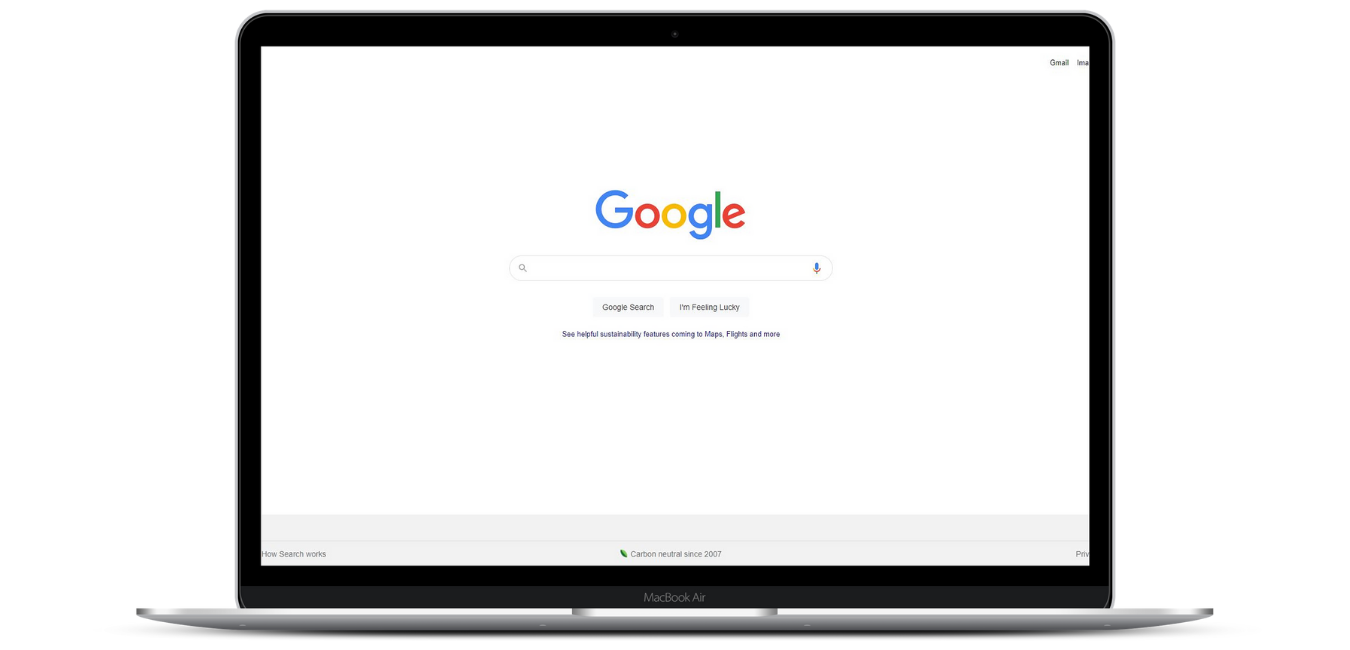
Google has decided to delay testing for FLoC, initially planned for Q4 2021. The Privacy Sandbox timeline now shows that testing will be taking place in Q1 2022, as opposed to the late 2021 dates announce in July.
As reported by Google on the latest update: “The Privacy Sandbox proposals are in various stages of development. This timeline reflects when we expect new technologies will be ready to support key use cases so that Chrome can responsibly phase out third-party cookies. Information may change and will be updated monthly.”
The Privacy Sandbox aims to create web technologies that protect people’s data online and enhance privacy and transparency on the web while giving companies the tools to build businesses that can thrive digitally.
Since the first announcement back in 2020, Google has continued to do testing for several APIs including FLEDGE and FLoC.
The company has reported that testing of FLEGDE (a remarketing solution designed by Google to stop third-party cookies from tracking user behaviour across sites) will also be delayed to Q1 2022.
Below is the current timeline for all the testing taking place. This is the latest update since the announcement in July when Google provided another update on the stages of development for the various categories of Privacy Sandbox.
Google's timeline follows a multi-phased public development process which involves:
The push-back may affect when Chrome’s support for third-party cookies will be rolled out.
It means that for now, nothing will drastically change for marketers and advertising with Google hasn’t been yet affected by the testing phase.
In terms of Google Shopping ads, the push-back might not directly affect current and upcoming campaigns, but while testing continues, the focus should be on optimising product feeds for better chances of your Google shopping ads appearing on more searches. This is because, once the roll-out is complete, advertisers will no longer be able to rely on third-party cookies for hints to tailor their Google shopping ads.
For better performing shopping ads without access to the extra data coming from third-party cookies, understanding optimisation will be crucial.
Keep up to date with Google shopping ads and other ecommerce updates here or contact us today for tips on how to optimise your shopping ads post-FLoC roll-out.
Monthly Subscription